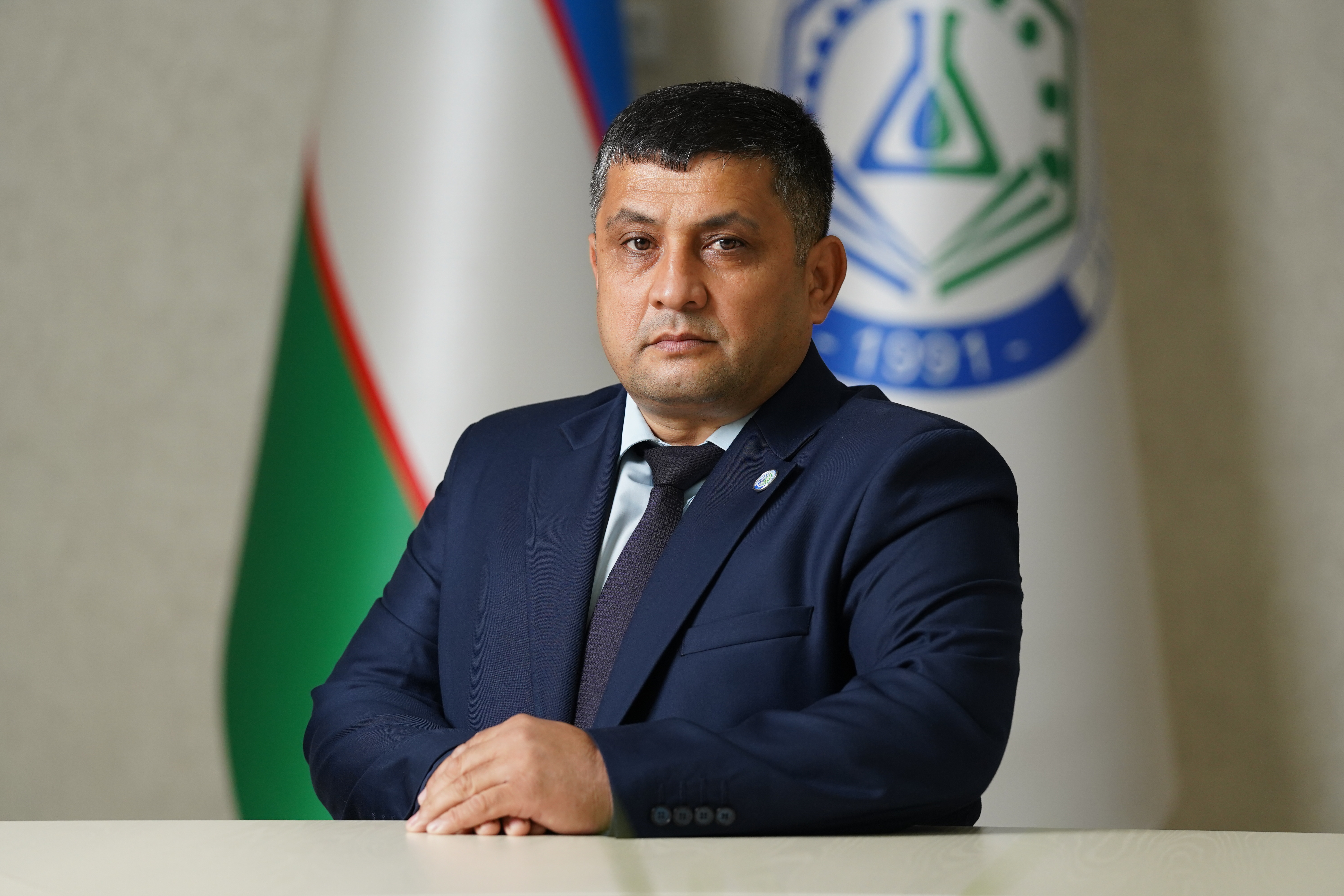From December 4, 2022, Doctor of Philosophy Sanaev E.Sh. was appointed head of the Department of Technology of Meat, Milk and Canned Products. As a result of rotation within the institute, from September 2, 2020, the name of the department “Technology for the production of food safety and functional products” was changed.
The department employs 53 professors, including 4 professors, 19 associate professors, 9 senior teachers, 18 assistants and 3 trainee teachers.
14
To provide students and graduate students with theoretical knowledge, practical skills and qualifications about the scientific foundations of food production technology, the need to conduct technological processes from the point of view of modern ideas about the rational use of raw materials, high-quality products, their requirements and provide knowledge and advice, using all necessary measures and measures to ensure the safety of life and health of the livestock farmer.
- teach undergraduate and graduate students and researchers the basic physical, chemical and biological properties of raw materials, semi-finished products and finished products;
- study of the influence of technological process parameters on changes in the physical and chemical properties of raw materials and finished products; the nature of changes in the properties of raw materials, semi-finished products and finished products during the technological process;
-training in technological production processes, modern production achievements, the latest technical means and technologies; Priorities in the production of food products are the training of qualified specialists who can apply resource-saving technologies and quality and safety requirements.
Educational activities of the department.
Bachelor’s degree
60720100- Food technology (food safety)
60720500 – Technology of functional nutrition and children's products
60720400 – Canning technology
Master’s degree
70720102- Food technology (food safety)
70720101 – Food production and processing technology (canned food, meat, dairy and fish products)
Doctoral specialties:
02.00.17 – Technology and biotechnology of processing, storage and processing of agricultural and food products.
The department organizes classes in undergraduate areas in the following subjects:
1.Modeling and Design Systems
2.Modern methods of physical and chemical analysis
3. Industrial technology and innovation
4.Methods for studying the composition of food products
5.Food microbiology
6.Determine the identity and authenticity of food products
7 Methods for studying the composition of food products
8.Food microbiology
At the expense of Islamic development funds, equipment and devices for meat processing, sausage production, sausage production, milk processing, cottage cheese, cheese making, yogurt, milk cream extraction, and quick determination of milk composition were brought into the workshop and put into operation.
Research work.
Teachers of the department are assigned to teachers who have scientific potential and, based on their results, publish articles in national and international scientific journals. In recent years, professors and teachers of the department have published 74 scientific articles for the 2023-2024 academic year in specialized domestic and foreign journals included in the Scopus database.
Professors and teachers of the department are engaged in educational and methodological work, as well as educational activities. In particular, in 2024, professors and teachers of the department published 7 textbooks and 3 teaching aids.
All department teachers regularly undergo advanced training. They all have a C1 level certificate confirming proficiency in English, as well as IELTS, TESOL, TOEFL and CEFR certificates.
Partners of the department: Latvian University of Life Sciences and Technologies, Integral University of India, Obuda University of Hungary, Belarusian Technological University, St. Petersburg State Technical Institute, Yildiz Technical University of Turkey, Institute of Technology of Tajikistan.
